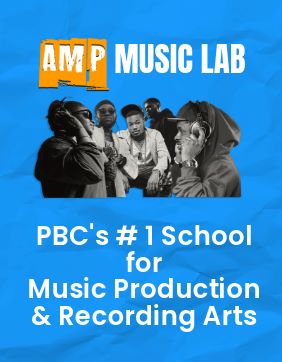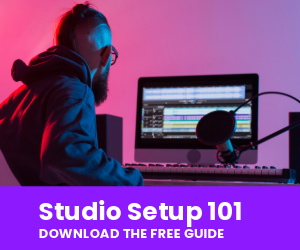
When songwriters first encounter the concept of copyright, their immediate reaction is often to think, “I need to protect my work so no one steals my music.” However, I’d stress that copyright infringement is more of a “rich-man’s game,” similar to commercial real estate. Instead, I encourage you to focus on understanding copyright for the future purpose of licensing your music to other artists or for use in TV and film through sync and master use licensing. (More on that in another post on this blog.) For now, let’s break down music copyright and the “two sides.”
Composition Copyrights
Composition copyrights protect the underlying musical composition, including the melody, lyrics, and musical arrangement. This type of copyright is typically owned by the songwriter or composer, regardless of who performs or records the song.
Obtaining Composition Copyright: To obtain a composition copyright, the songwriter must create an original musical work and fix it in a tangible form, such as sheet music or a digital recording. While registration with a copyright office is not required for protection, it provides additional legal benefits, such as the ability to sue for statutory damages in case of infringement.

Rights Conferred: Composition copyrights confer exclusive rights to the songwriter, including the right to reproduce, distribute, perform, and create derivative works based on the composition. These rights allow songwriters to control how their music is used and to receive royalties from various sources, such as mechanical royalties from sales and streaming, and performance royalties from public performances.
Sound Recording Copyrights
Sound recording copyrights protect the specific recording of a musical composition, including the performance, production, and arrangement of the song. This type of copyright is typically owned by the recording artist, record label, or producer who created the recording.
Obtaining Sound Recording Copyright: Like composition copyrights, obtaining a sound recording copyright requires fixing the recording in a tangible form, such as a digital file or physical medium. Registration with a copyright office is also optional but provides additional legal protections.
Rights Conferred: Sound recording copyrights confer exclusive rights to the owner, including the right to reproduce, distribute, perform, and license the recording. These rights allow owners to control how the recording is used and to receive royalties from sales, streaming, and licensing agreements.
I encourage you to focus on understanding copyright for the future purpose of licensing your music to other artists or for use in TV and film through sync and master use licensing.

Importance of Protecting Intellectual Property
Protecting intellectual property is crucial for ensuring that creators receive fair compensation for their work and maintaining the integrity of the music industry. Copyright infringement can result in financial losses for creators and undermine the value of their work.
Key players in protecting intellectual property include performing rights organizations (PROs) such as ASCAP, BMI, and SESAC, which collect and distribute performance royalties to songwriters and publishers. Additionally, organizations like the Recording Industry Association of America (RIAA) and the International Federation of the Phonographic Industry (IFPI) work to combat piracy and enforce copyright laws globally.
According to the RIAA, the global recorded music market generated $23.1 billion in revenue in 2020, with streaming accounting for 83% of total revenues. This underscores the importance of protecting intellectual property in the digital age and ensuring that creators are fairly compensated for their contributions to the music industry.
Music copyrights are essential for protecting the rights of songwriters, artists, and other creators in the music industry. By understanding the two main types of copyrights and the rights they confer, creators can take steps to protect their intellectual property and ensure that they receive fair compensation for their work.
Want to learn more about protecting your music and maximizing your revenue streams?
Check out our AMP Music Lab courses on music business and copyright law. Gain the knowledge you need to navigate the music industry confidently and successfully.















